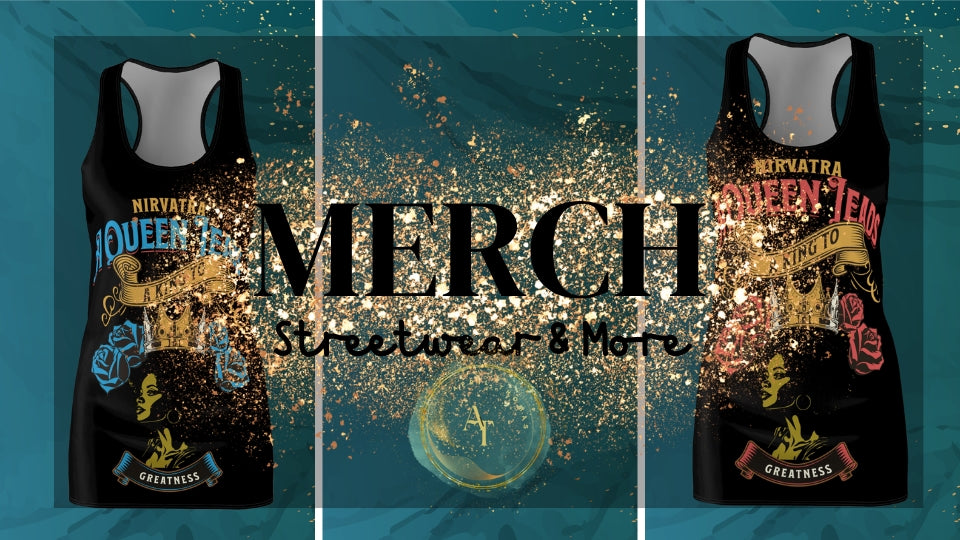
Spiritual warfare fiction books transport readers into a realm where cosmic battles between good and evil unfold. These captivating narratives explore the unseen forces at work in the world and delve into the realm of supernatural warfare. In this article, we will uncover the essential elements that make up spiritual warfare fiction, highlighting the key ingredients that bring these stories to life.
1. Supernatural Entities and Forces:
At the core of spiritual warfare fiction are supernatural entities and forces engaged in an epic struggle. These entities can take various forms, such as angels, demons, or other mythical beings. They possess extraordinary powers and abilities, creating a dynamic backdrop for the conflicts that unfold.
2. Protagonists with Unique Abilities:

In spiritual warfare fiction, protagonists often possess extraordinary abilities or have a special role to play in the cosmic battle. They may be chosen ones, gifted with unique powers, or individuals who have undergone spiritual transformation. These characters become the driving force behind the narrative, fighting against darkness and striving to bring about positive change.
3. Moral Dilemmas and Ethical Choices:
Spiritual warfare fiction often presents characters with moral dilemmas and ethical choices. These choices can be pivotal in the battle between good and evil. Authors explore the gray areas between right and wrong, forcing characters to confront their own weaknesses and make decisions that have far-reaching consequences.
4. Symbolism and Allegory:
Symbolism and allegory play a significant role in spiritual warfare fiction. Authors use metaphors and symbolic elements to convey deeper meanings and spiritual truths. These symbols may represent virtues, vices, or spiritual concepts, allowing readers to engage with profound themes and concepts beyond the surface level of the story.
5. Faith and Spirituality:
Faith and spirituality are fundamental themes in spiritual warfare fiction. Characters often draw strength from their beliefs, relying on prayer, spiritual practices, or divine intervention to overcome challenges. These stories explore the power of faith and its ability to empower individuals in their battle against darkness.
6. World-Building and Mythology:

Authors of spiritual warfare fiction employ world-building techniques to create immersive settings and unique mythologies. They craft intricate backstories for their supernatural entities, detailing their origins, hierarchies, and powers. This world-building creates a rich tapestry in which the battles of light and darkness are fought.
7. Action and Suspense:
Spiritual warfare fiction is known for its action-packed sequences and suspenseful plotlines. These stories are filled with intense battles, both physical and spiritual, as characters face off against their adversaries. The fast-paced nature of these narratives keeps readers engaged and eager to discover the outcome of the conflict.

The elements of spiritual warfare fiction books intertwine to create captivating narratives that explore the depths of the supernatural realm. Through the inclusion of supernatural entities, protagonists with unique abilities, moral dilemmas, symbolism, faith, and carefully crafted world-building, authors bring alive the epic battles between good and evil. By immersing readers in these stories, spiritual warfare fiction offers both entertainment and the opportunity for reflection on the profound spiritual themes that underpin our existence.




Leave a comment